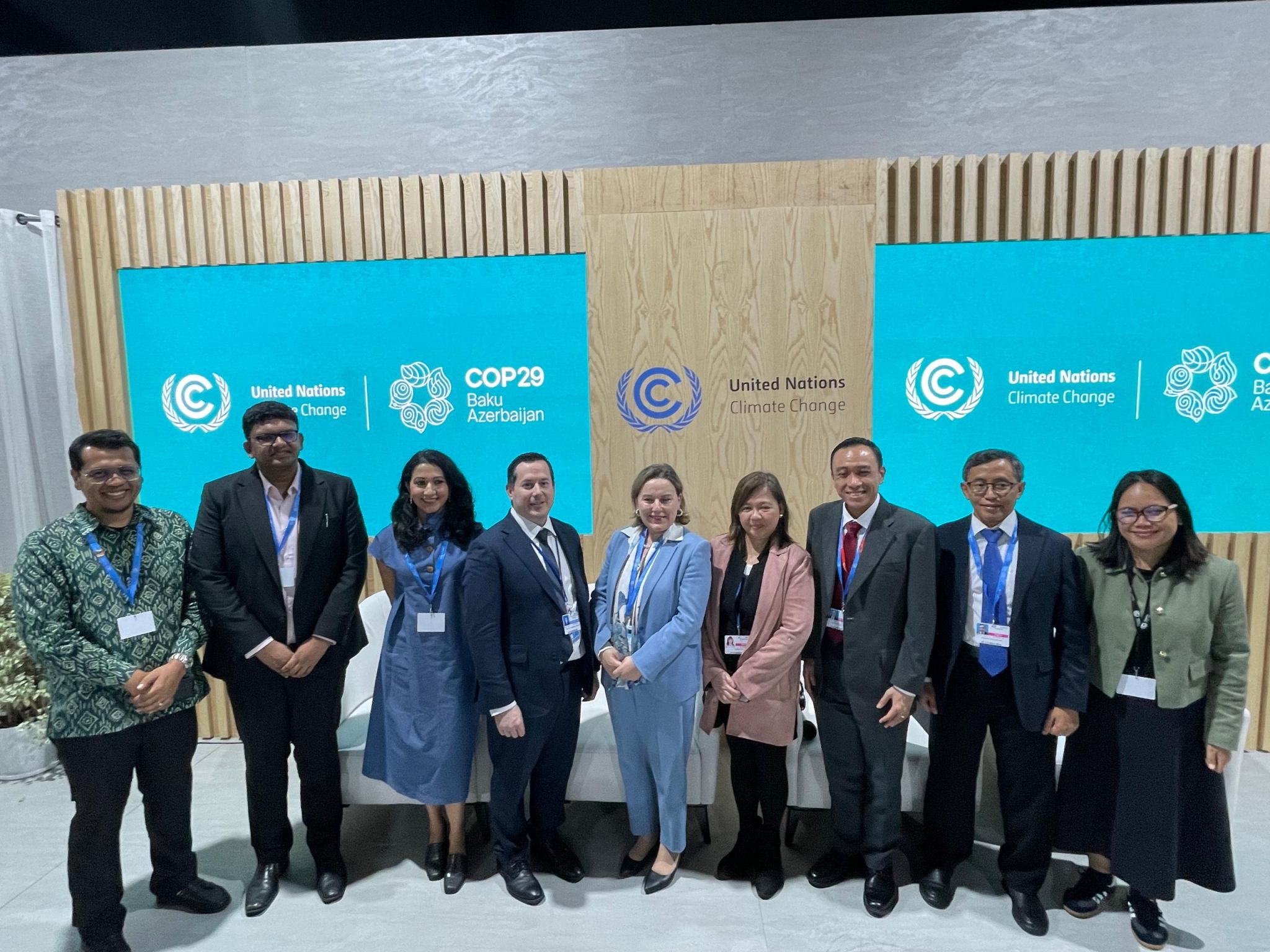New York, United States of America
To avoid mounting loss of life, biodiversity and infrastructure, ambitious, accelerated action is required to adapt to climate change
Statement by Sanda Ojiambo, CEO & Executive Director of the United Nations Global Compact:
UNITED NATIONS, 28 February 2022 — Today, nearly half of humanity is highly vulnerable to climate change and the world is facing a truly existential crisis, according to a landmark report on climate change impacts, adaptation and vulnerability authored by a team of scientists under the International Panel on Climate Change (IPCC).
This new IPCC sixth assessment report shines a light on what it means to live on a planet with a changing climate: Ever more extreme heatwaves, floods, droughts and wildfires are endangering people’s health, jobs and livelihoods. Climate change has already caused widespread losses and damages to nature and people, especially among the most vulnerable in the Global South. The natural world and humans are highly vulnerable to future impacts of climate change, and our capacity to adapt is not nearly enough.
As UN Secretary-General António Guterres has said, coal and other fossil fuels are “choking humanity”. We must transform our economies, we need investments and policies to limit global warming to 1.5 C, halving emissions in the next eight years and getting to net zero by 2050 to avoid the most catastrophic impacts. Fixing our broken global energy mix and phasing out coal and other fossil fuels is the only option.
I echo the Secretary-General in saying “fossil fuels are a dead end – for our planet, for humanity and for economies.” We need a fast and just transition to renewable energies and a transformation of our economic system. This is the path to our only future.
The private sector can be a great ally in this shift – anchoring corporate sustainability practices to a rights-based and principles-based approach that leaves no one behind. Businesses play a key role to achieve the twin objectives of building resilience and accelerating emissions reductions.
I therefore call on all business leaders, particularly those headquartered in G20 countries, to set both short-term science-based targets at 1.5C and long-term science-based targets, aligned with the SBTi Net-Zero Standard.
Companies that consider themselves champions of sustainability must build trust by setting credible and independently-validated emission reduction targets. And they have to deliver on them. No company can claim to be “green” when its plans undermine the major emissions cuts we need.
The UN Global Compact is here to support companies on this journey. This week, we will open recruitment for the second round of our Climate Ambition Accelerator, a six-month programme designed to equip participating UN Global Compact companies with the knowledge and skills they need to accelerate progress toward achieving net-zero emissions by 2050.
Our Ocean Stewardship Coalition helps companies drive progress on zero-carbon maritime transport, offshore renewable energy and low-carbon blue food — key enablers to achieve net zero emissions by 2050. I also invite companies to join our seaweed coalition to scale-up a sustainable seaweed industry, a nature-based climate solution.
We know that the impacts of climate change are already being felt by communities worldwide. We need more companies to factor adaptation and resiliency into their corporate sustainability policies and practices.
Business must act urgently now or risk the potential for severe disruptions. If done well, action on resilience and adaptation will contribute to, and ensure, the long-term longevity of sustainable development efforts.
The UN Global Compact also supports companies to take action on climate and water, where climate change’s impacts are already felt. Through our CEO Water Mandate and its Water Resilience Coalition, I call on companies to assess their water resilience and to take urgent collective action to combat the pressing challenges we face while helping to build resilience for the most vulnerable.
As companies work on their net-zero and resiliency strategies, they will need to keep all stakeholders involved at the discussion table. People-centered climate action is at the heart of a just and inclusive transition, rebuilding the trust we so urgently need to tackle this crisis together. Every second counts.





